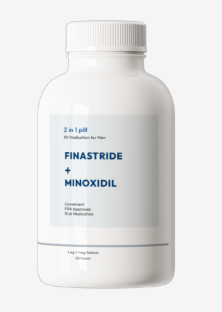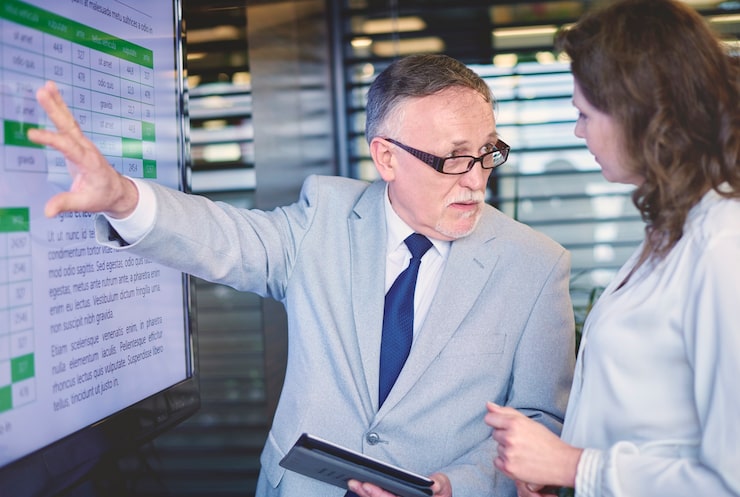LGBTQ Community Healing: Embracing the Necessity of Therapy

In a world that is gradually recognizing and accepting the diverse tapestry of human identities, the LGBTQ+ community continues to navigate its own unique challenges.
Despite significant progress in the fight for equality and representation, the emotional scars from years of stigma, discrimination, and marginalization often linger.
This is where the vital role of LGBTQ therapy comes into play. In this article, we will delve into the reasons why therapy is a crucial need for the LGBTQ+ community, exploring the healing process and the specific challenges that necessitate therapeutic intervention.
Understanding the Need for LGBTQ Therapy
LGBTQ therapy is not a mere trend or a passing phase; it’s a lifeline that offers a safe space for individuals to process their experiences, heal their wounds, and grow in self-acceptance.
One of the central reasons why therapy is imperative for the LGBTQ+ community is the ongoing psychological impact of societal bias and discrimination.
Navigating a world that often fails to embrace their authentic selves, LGBTQ+ individuals frequently battle feelings of isolation, anxiety, and depression. Therapy provides a platform for them to express these emotions and develop effective coping mechanisms.
Addressing the Trauma
The scars left by years of stigma and discrimination run deep. Many LGBTQ+ individuals have endured traumatic experiences such as bullying, harassment, and even violence. These experiences can lead to lasting psychological wounds that manifest as PTSD, depression, and anxiety.
Therapy creates a space where these traumas can be addressed, allowing individuals to process their emotions in a supportive environment.
Through techniques such as cognitive-behavioral therapy (CBT) and eye movement desensitization and reprocessing (EMDR), therapists help individuals reframe their experiences and build resilience.
LGBTQ Therapy and Substance Abuse
Pilot substance abuse treatment Bethlehem PA adds another layer of complexity to the healing process for LGBTQ+ individuals. The intersection of substance abuse and the challenges of being part of a marginalized community can exacerbate mental health issues.
In such cases, therapy becomes a crucial tool for addressing both substance abuse and the underlying emotional struggles. Therapy offers strategies for managing triggers, developing healthier coping mechanisms, and building a strong support network.
Fostering Resilience and Empowerment
Therapy for the LGBTQ+ community is not solely about healing; it’s also about empowerment. As individuals work through their emotional challenges, they discover their innate resilience and strength.
Therapists provide guidance in harnessing these qualities to become advocates for change, both within themselves and in society.
Through therapy, LGBTQ+ individuals learn to challenge negative thought patterns, set healthy boundaries, and cultivate a sense of agency over their lives.
Conclusion
In a world that is gradually becoming more inclusive, the LGBTQ+ community continues to grapple with the aftermath of years of discrimination. The wounds run deep, but the potential for healing and growth is profound.
LGBTQ therapy provides a safe haven where individuals can address their traumas, confront their challenges, and emerge as empowered and resilient individuals.








